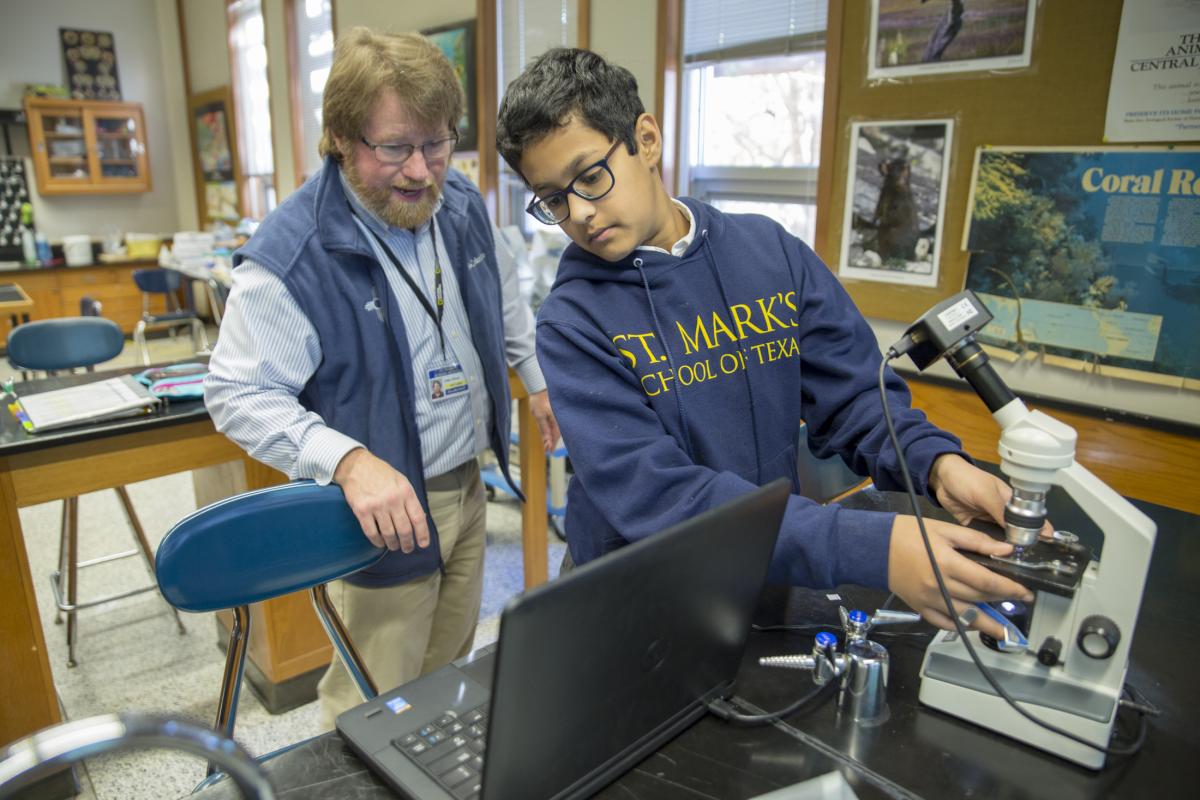 Science can be a frustrating business. Research often moves slowly. Promising approaches turn out to be blind alleys. Results sometimes make no sense at all. But, boy howdy, when you get a clear result, when a long-evasive answer begins to emerge, there is simply nothing more thrilling. Some corner of the natural world has yielded its secrets, and you and your colleagues are the ones who figured it out. It’s a great feeling.
Science can be a frustrating business. Research often moves slowly. Promising approaches turn out to be blind alleys. Results sometimes make no sense at all. But, boy howdy, when you get a clear result, when a long-evasive answer begins to emerge, there is simply nothing more thrilling. Some corner of the natural world has yielded its secrets, and you and your colleagues are the ones who figured it out. It’s a great feeling.
Well, trying to solve a problem like pervasive inaccurate or inadequate teaching of evolution and climate change can also be a frustrating business. We want every science teacher to have what it takes to cover evolution and climate change accurately and effectively. But there are thousands of school districts with different standards, textbooks, funding, and schedules, and tens of thousands of teachers receiving inadequate training and resources who have too few hours in a day and too many students in each class. And that’s before you get to active efforts to remove or water down evolution and climate change in state science standards, politicians declaring that climate change isn’t real, or administrators suggesting that it’s only fair to teach creationism alongside evolution. I’d be lying if I didn’t admit that sometimes it just seems like we’ll never crack this nut.
But as 2018 comes to a close, I have to say that I’m feeling pretty great. NCSE is thriving and two of our newer programs are taking off in a way that makes me feel like we have what it takes to make a measurable difference, and soon, in how evolution and climate change are taught. And we continue to be the premier organization that is always alert for any and every threat to the integrity of science education and able to respond quickly and effectively.
Why am I so high on 2018?
Supporting Teachers: Our new Teacher Ambassador program is off to a tremendous start: our sixteen inaugural teacher ambassadors—eight for climate change, eight for evolution—have developed hands-on lessons that get right to the heart of the misconceptions students are likely to bring to the classroom. And they’re spreading those activities throughout their local school systems by training their peers to use them. Already we’ve demonstrated that the activities significantly reduce student misconceptions. When you consider that every teacher ambassador can train dozens of peers, and each and every one of those teachers will interact with hundreds of students over the course of their careers, you can start to feel pretty optimistic about the capacity of this program to grow, thrive, and make a difference.
Building Community Engagement: Our Science Booster Club program has undergone a transition in leadership. While it was sad to say goodbye to Emily Schoerning and Claire Adrian-Tucci, our new Director of Community Science Education, Kate Carter, has capably taken the reins. Carter has a definite gift for fun and has already developed a number of new activities that booster clubs all over the country will enjoy sharing with their communities. Check out this behind-the-scenes video where you can see her in action prepping three different activities.
Catalyzing Action: For decades, NCSE has monitored legislation, policies, textbook and science standard approvals, and anti-evolution and climate change think tanks to be sure that no effort to subvert the accurate teaching of these critical topics is allowed to succeed. I never get tired of hearing from local science advocates some variation on: “We just didn’t know what to do. We’re so thankful NCSE was there for us.” In 2018, that meant—among many other things—helping citizens in Idaho and Arizona block efforts to water down the treatment of evolution and climate change in proposed science standards.
The coming year is shaping up to be another exciting one. What am I looking forward to?
- We will welcome a second cohort of evolution and climate change teacher ambassadors, while the 2018 group will be busy training their peers. We will also be working with a group of master teachers to develop a new set of problem-based lessons exploring the nature of science—a key ingredient to help students understand how scientists know what they know about climate change and evolution.
- In January, the Science Booster Club program launches a Fellows program with five graduate students from around the country working together to learn how to do effective science outreach, start a Science Booster Club, and develop successful activities.
- By summer we plan to launch a beautiful new website that will highlight our programs and make it easier for visitors to find our resources for teachers and science advocates.
- In March, we will carry out a national survey of middle school science and high school biology teachers to assess evolution teaching practices, an update of the critically important Berkman and Plutzer survey of 2008.
None of this would be possible without our fantastically talented and dedicated staff, our wise and engaged board members, and the generous support of thousands of members and our institutional funders. I can’t thank them all enough. I hope you’ll stay tuned to see whether 2019 also proves to be another special year. I’m confident it will.

